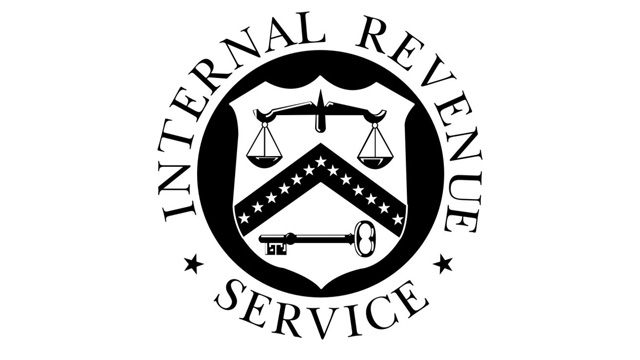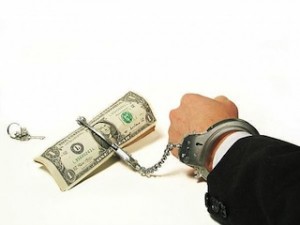 Ever since Henry Ford popularized the car a little more than a century ago, people have loved their cars. So it’s no surprise when people looking to file bankruptcy ask me how filing will effect their car. And since Henry Ford filed bankruptcy himself, the two subjects are even more related.
Ever since Henry Ford popularized the car a little more than a century ago, people have loved their cars. So it’s no surprise when people looking to file bankruptcy ask me how filing will effect their car. And since Henry Ford filed bankruptcy himself, the two subjects are even more related.
People need cars to get to work, to buy groceries and to live. The legislature knew this when they created the bankruptcy exemptions (the things you get to keep). So, everyone is allowed to keep a car in their bankruptcy, but how much car? Certainly not a Mercedes Benz. Well, maybe a Mercedes Benz, but only if it’s very old. People who file bankruptcy in Florida may have to use the Florida exemptions. These exemptions require a person to live in Florida for more than two years, but they allow a Florida citizen to keep $1,000 in vehicle equity $1,000 in personal property and then either a home or $4,000 additional personal property. Now, personal property can apply to a vehicle, for example: If Jeff owns a car worth $1,500 he can use the $1,000 vehicle exemption on the car and then use half of his $1,000 personal property exemption to cover the rest. If his car was worth $4,000 then he would use his $1,000 vehicle exemption and the $1,000 personal property exemption but if he owned a home he’d be out of exemptions. This doesn’t have to mean that Jeff loses his car (although that’s an option he can choose), instead he can offer to pay the car’s value in exchange for getting to keep it. Typically these payments are spread out over a year to make them reasonable. Since most people pay off their car before anything else, this comes up a lot.
Another option Jeff may have is to get a loan on his vehicle. If Jeff’s car is worth $4,000 and he can’t pay within twelve months of his bankruptcy case, he could take a loan for $3,000 out with his car as collateral and spend that $3,000 on reasonable and necessary living expenses such as food, gasoline, rent, or legal fees. He would still have to pay for the car, but as long as it was a loan term longer than a year, his payments would be lower than they would be paying the court.
 Senate Bill 1813 will allow for the revocation of passports from anyone who owes more than $50,000 to the Internal Revenue Service. The Bill will Amend Sub-chapter D of Chapter 75 of the Internal Revenue Code of 1986 to read:
Senate Bill 1813 will allow for the revocation of passports from anyone who owes more than $50,000 to the Internal Revenue Service. The Bill will Amend Sub-chapter D of Chapter 75 of the Internal Revenue Code of 1986 to read: Jacksonville Bankruptcy Lawyer Blog
Jacksonville Bankruptcy Lawyer Blog











